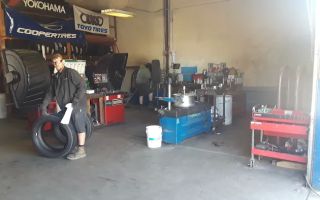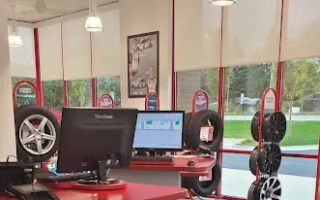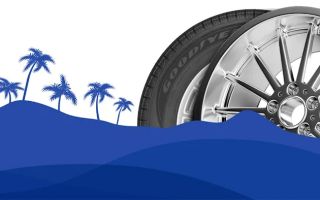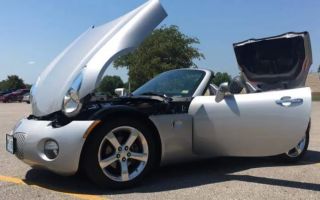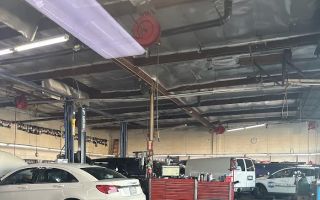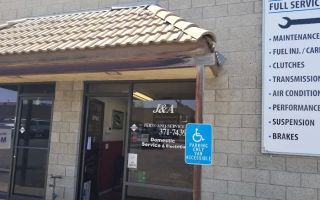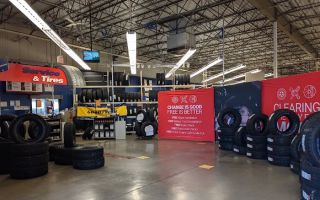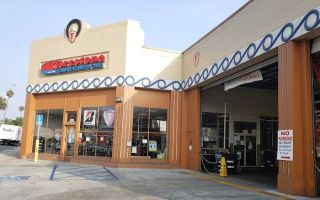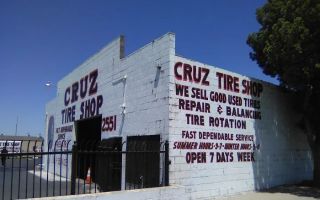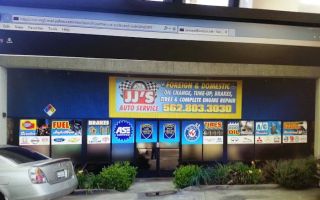Understanding and Resolving Car Engine Cooling Issues
1. The Importance of the Engine Cooling System
The engine cooling system is one of the most critical components of your vehicle. It helps regulate the engine’s temperature to ensure it operates efficiently and prevents overheating. The cooling system consists of several parts, including the radiator, water pump, thermostat, cooling fans, and the engine coolant. If any of these components fail or malfunction, it can lead to serious engine cooling issues, often resulting in costly repairs or even engine failure. Understanding how your car’s engine cooling system works is key to identifying and solving potential issues early on.
2. Common Causes of Car Engine Cooling Problems
Engine cooling issues can stem from a variety of causes. Recognizing the signs and diagnosing the problem early can save you time, money, and prevent further damage. Below are some of the most common reasons for engine cooling problems:
- Low or Contaminated Coolant – The coolant in your engine absorbs heat and helps prevent overheating. Low levels or dirty coolant can reduce the efficiency of the cooling system and lead to overheating. It is important to regularly check the coolant levels and replace it if it becomes contaminated or too old.
- Radiator Problems – The radiator plays a vital role in dissipating heat. If it is clogged, damaged, or has a leak, it will not effectively remove heat from the engine, causing it to overheat. A common problem is the buildup of debris or sediment inside the radiator, which can block the flow of coolant.
- Faulty Thermostat – The thermostat regulates the flow of coolant through the engine. If it is stuck in the closed position, it can prevent the coolant from circulating properly, causing the engine to overheat.
- Water Pump Failure – The water pump is responsible for circulating the coolant through the engine and radiator. A faulty water pump can result in inadequate coolant flow, leading to engine overheating.
- Broken Cooling Fans – Cooling fans help regulate the engine temperature by drawing air through the radiator. If the fans malfunction, the engine may overheat, especially at low speeds when airflow is minimal.
3. Symptoms of Engine Cooling Issues
Being aware of the signs that your car's cooling system is malfunctioning is crucial. Here are some symptoms to watch out for:
- Engine Overheating – If the temperature gauge on your dashboard rises into the red zone, it’s a clear sign that your engine is overheating. This is often the result of insufficient coolant or a malfunction in the cooling system.
- Coolant Leaks – If you notice coolant puddles under your car or a sweet smell coming from the engine, it may indicate a leak in the cooling system. A leaking radiator, hose, or water pump can cause the coolant level to drop and lead to overheating.
- Low Coolant Levels – If your coolant levels are consistently low, it may indicate that there’s a problem with the system, such as a leak or a malfunctioning radiator cap. It's essential to top up the coolant to prevent damage to the engine.
- Steam or Smoke Coming from the Hood – Steam or smoke coming from under the hood of your car is a serious sign of overheating. This could mean that your cooling system is not working correctly, and immediate action is required to prevent further damage.
- Unusual Engine Noises – Some people report hearing strange noises from their engine when the cooling system is malfunctioning, such as a high-pitched whine or grinding noise from the water pump or radiator fans.
4. How to Fix Engine Cooling Issues
Once you’ve identified the symptoms of an engine cooling problem, it's time to address the issue. Below are some practical solutions to common cooling system problems:
- Check and Top Up Coolant – If your engine is low on coolant, it’s essential to top it up with the correct type of coolant. Check your vehicle’s owner manual for the recommended coolant specifications. If the coolant appears dirty or contaminated, flush the system and replace the coolant.
- Inspect the Radiator – Check for any visible leaks or damage to the radiator. Look for coolant stains around the radiator or hoses, which could indicate a leak. If the radiator is clogged or dirty, clean it using a radiator flush solution.
- Replace the Thermostat – A faulty thermostat can be easily replaced with a new one. If you suspect that the thermostat is malfunctioning, it’s best to consult a mechanic for proper diagnosis and replacement.
- Replace the Water Pump – If the water pump is broken or not working properly, it will need to be replaced. This can be a more involved repair, so you may want to take your car to a mechanic.
- Fix or Replace Cooling Fans – If the cooling fans are not operating correctly, inspect the wiring and fuses. In some cases, the fans may need to be replaced if they’re faulty or damaged.
5. Real-Life Case: Dealing with a Car Overheating on the Road
Let’s look at a real-life example to understand how to handle engine cooling issues when they arise during a road trip. Sarah, a frequent traveler, was on a cross-country road trip when her car began to overheat. She noticed that the temperature gauge was climbing, and the engine started to make strange noises. She immediately pulled over to a safe spot and popped the hood to inspect the situation.
After checking the coolant levels, she realized that the coolant was low, and there was a small puddle of coolant under the car. Luckily, Sarah had prepared by bringing extra coolant with her. She topped up the coolant and waited for the engine to cool down before continuing her journey. However, when she arrived at her destination, she took her car to a mechanic who discovered a small radiator leak. The mechanic was able to fix the leak and ensure the cooling system was functioning properly before Sarah continued her travels.
This experience highlights the importance of regularly checking coolant levels and being prepared for potential engine cooling problems during long trips.
6. When to Seek Professional Help
While some cooling system issues can be resolved at home, there are times when it’s best to seek professional help. If your car’s cooling system problem involves major components like the radiator, water pump, or thermostat, it’s recommended to take your vehicle to a professional mechanic. They have the tools, experience, and knowledge to diagnose and repair complex engine cooling problems quickly and effectively. If you’re unsure whether your issue is minor or major, it's always a good idea to consult a mechanic to avoid causing further damage to the engine.
If you find yourself stranded on the road due to an engine cooling issue, contact a reliable towing service to get your vehicle safely to a repair shop. At Rescue & Towing, we offer trusted towing services and can connect you with the best towing companies in your area for quick and reliable assistance.


